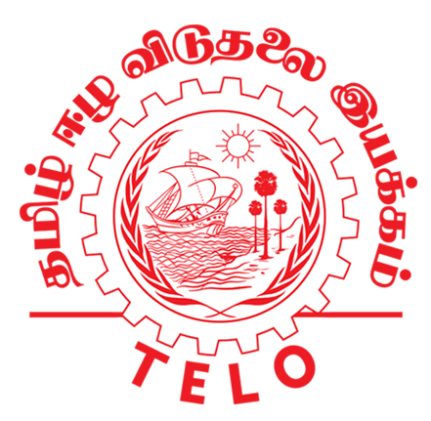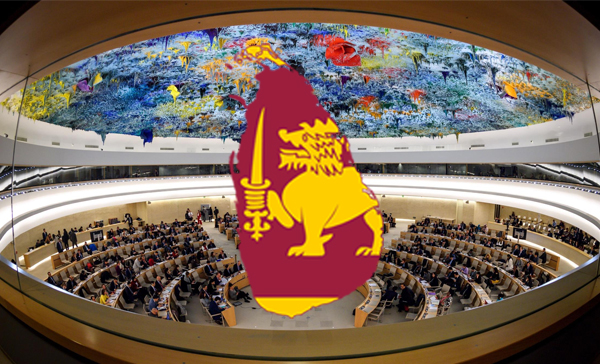The UN Human Rights Committee yesterday issued its findings on Sri Lanka after a thorough examination in its latest session.
Apart from Sri Lanka, UHRC also released its findings on five other countries Egypt, Panama, Peru, Turkmenistan and Zambia
The 12-page findings report (available at file:///C:/Users/news/Downloads/CCPR_C_LKA_CO_6_52074_E.pdf) contain the Committee’s main concerns and recommendations on the implementation of the International Covenant on Civil and Political Rights, as well as positive aspects.
The observations, findings and recommendations cover a host of issues. They include the state of emergency, fight against impunity and past human rights violations, right of peaceful assembly and association, liberty and security of person, freedom of conscience and religious belief, administration of justice, independence of the judiciary, prohibition of torture and other cruel, inhuman or degrading treatment, death penalty, violence against women, including domestic violence, gender equality, discrimination on the basis of sexual orientation and gender identity, and counter-terrorism measures.
The Committee was concerned about reports of arbitrary arrests and detention of anti-Government protestors, trade unionists, Tamils and Muslims, including Muslim women for wearing a niqab, without fundamental legal safeguards. It was also concerned by the extensive use of prolonged pre-trial detention, inconsistent bail provisions and ineffective access to non-custodial alternatives. The Committee called for prompt and effective investigations of allegations of arbitrary arrests and detention, as well as the respect of fundamental legal safeguards for detainees.
The Committee expressed concern about the Prevention of Terrorism Act, which allows for extended pre-trial detention for up to 12 months, contains a broad definition of terrorism, and is used to target minorities, particularly Muslims and Tamils, Government critics, and LGBT people, and to extract confessions through torture. It recommended that Sri Lanka repeal the Act and adopt new legislation compatible with the Covenant, as well as the principles of legal certainty, predictability and proportionality, while ensuring that the legislative process of the new law is inclusive and transparent.
It said Sri Lanka should widely disseminate the Covenant, its optional protocol, its sixth periodic report and the present concluding observations with a view to raising awareness of the rights enshrined in the Covenant among the judicial, legislative and administrative authorities, civil society and non-governmental organisations operating in the country, and the general public. Sri Lanka should ensure that the periodic report and the present concluding observations.
Sri Lanka has been requested to provide, by 24 March 2026, information on the implementation of the recommendations.
The Committee also requests Sri Lanka to submit its next periodic report by 26 March 2029 and to include in that report specific up-to-date information on the implementation of the recommendations made in the present concluding observations and of the Covenant as a whole. The Committee also requests in preparing the report, to broadly consult civil society and non-governmental organisations operating in the country.





